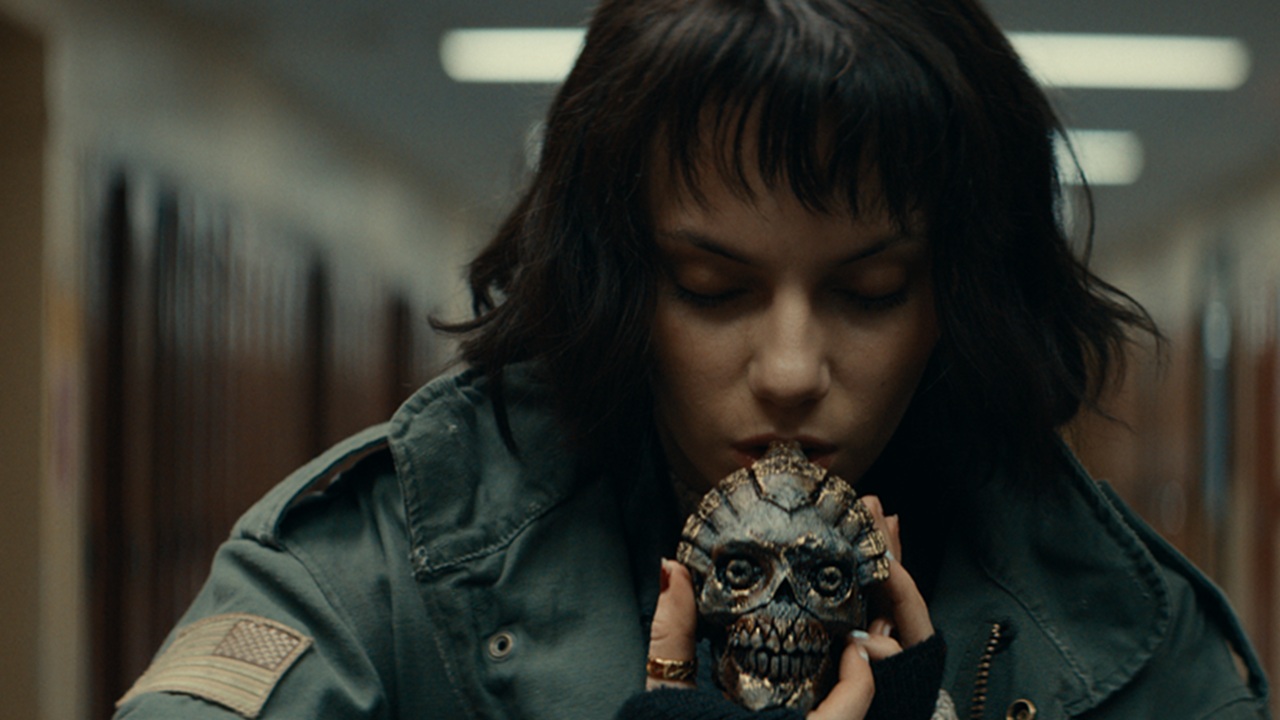You can trust Louder
John "Hutch" Hutchinson is ideally placed when it comes to charting the false starts and eventual rise of David Bowie. It's a journey that begins in 1966, gigging with The Buzz before family commitments force him to head home for Scarborough.
Hutch returns to London two years later though, as part of Bowie’s artsy trio Feathers, after which they trim to a duo and start playing folk clubs as “England’s answer to Simon & Garfunkel.” Needless to say, it never worked out.
What emerges through this prosaic account is two opposing attitudes – Hutch the pragmatist, shadowed by the inevitability of the day job; Bowie the battler, determined to be a success whatever the price. When they hook up for a third time, on 1973’s Aladdin Sane, Bowie is now the brightest star on the planet.
Hutch does a fair job of detailing the madness of the road, be it casual sex, knocking back Bloody Marys with Mick Ronson or nearly tripping over an unconscious Iggy Pop on the roof of the Hyatt. One candid encounter even has him swapping notes with Bowie over the right way to apply “social complaint” cream. The one constant, though, is Hutch’s enduring affection for his onetime cohort.
Sign up below to get the latest from Classic Rock, plus exclusive special offers, direct to your inbox!
Freelance writer for Classic Rock since 2008, and sister title Prog since its inception in 2009. Regular contributor to Uncut magazine for over 20 years. Other clients include Word magazine, Record Collector, The Guardian, Sunday Times, The Telegraph and When Saturday Comes. Alongside Marc Riley, co-presenter of long-running A-Z Of David Bowie podcast. Also appears twice a week on Riley’s BBC6 radio show, rifling through old copies of the NME and Melody Maker in the Parallel Universe slot. Designed Aston Villa’s kit during a previous life as a sportswear designer. Geezer Butler told him he loved the all-black away strip.


